On February 4, Mexican officials announced that they would reach an agreement with the United States on tackling drug trafficking and illegal immigration across their shared border before the tariff policy is implemented.
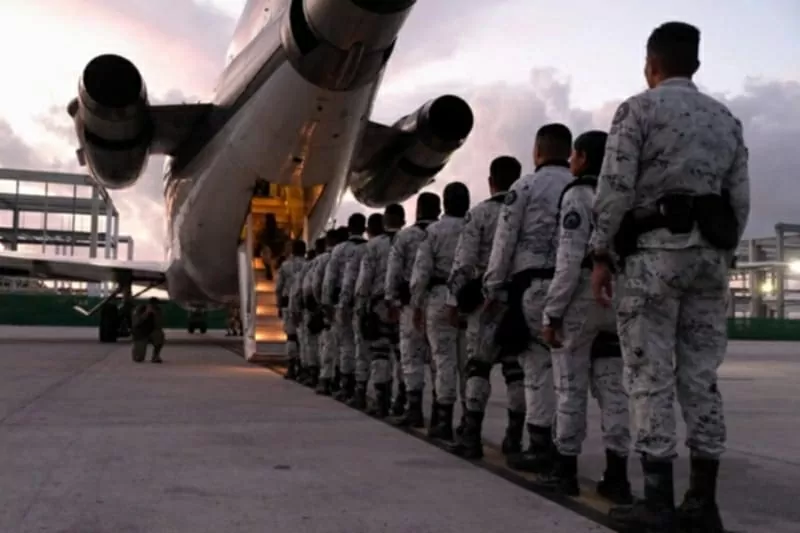 |
| Members of the Mexican National Guard board a plane to the border with the United States, February 4. (Source: Reuters) |
On February 3, US President Donald Trump announced a one-month delay in imposing a 25% tariff on Canada and Mexico. In return, Ottawa and Mexico City must address the issue of illegal immigration and fentanyl trafficking into the US.
“One month is more than enough time to reach an agreement on these issues,” Mexican Economy Minister Marcelo Ebrard said at a press conference on February 4.
Minister Ebrard emphasized that Mexico and the United States are in a balanced position when entering the negotiating table.
Mexican Foreign Minister Juan Ramon de la Fuente added: “In the coming period, we will be able to present strong evidence that confirms Mexico's readiness to continue cooperating with the United States.”
According to Mr. Fuente, Mexico City and Washington have many common problems and the two countries will do better if they face these problems together.
Mexico has made its first concession by deploying 10,000 National Guard members to the border.
The first troops were deployed on February 4, just one day after Mr. Trump announced a delay in tariffs with Mexico.
Analysts have praised Mexican President Claudia Sheinbaum's "cool-headed" approach to the tariff threats from her counterpart Donald Trump.
In contrast, Canadian Prime Minister Justin Trudeau took a tougher approach, launching a series of retaliatory measures. Therefore, to convince the US President to postpone the tax, Prime Minister Trudeau had to call Mr. Trump twice, while the Mexican leader only needed to call once.
According to Mexican Economy Minister Ebard, President Sheinbaum’s team will come to the negotiating table with its own conditions. “For example, the condition on the issue of weapons. The US talks a lot about the issue of fentanyl, but who is supplying weapons to Mexican criminal gangs?”, Mr. Ebard emphasized.
Mexico has accused the United States of smuggling more than half a million illegal guns into the country each year. To this day, Mexico City is suing Washington gun manufacturers, claiming that the country is aiding in the smuggling of weapons across the border.
In addition, Mexico will discuss the issue of automobile and auto parts production with the United States. Currently, American automakers still have many factories in Mexico. The US's imposition of tariffs will increase prices for consumers, causing damage to both countries, because American manufacturers need auto parts from neighboring countries.
Source: https://baoquocte.vn/mexico-tu-tin-dat-thoa-thuan-voi-my-truoc-thoi-han-ap-dung-thue-quan-303254.html




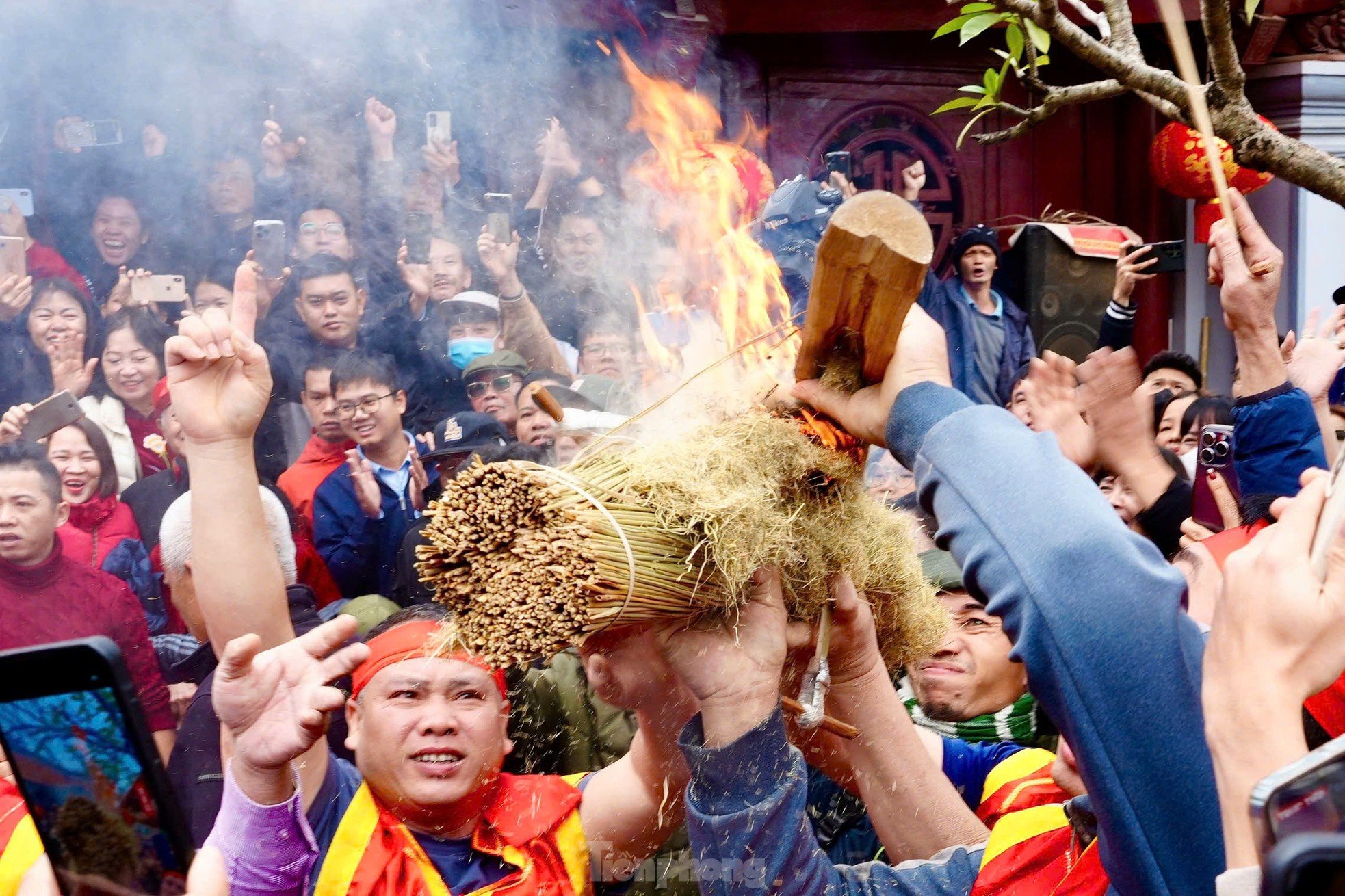




















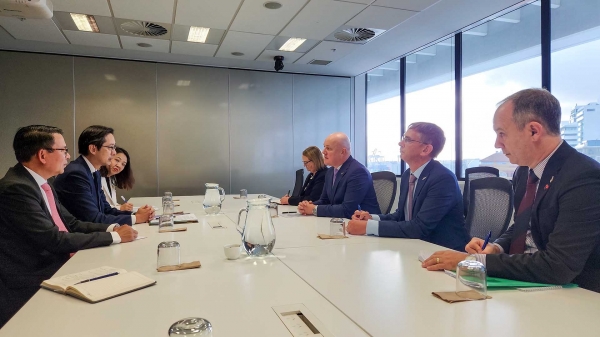
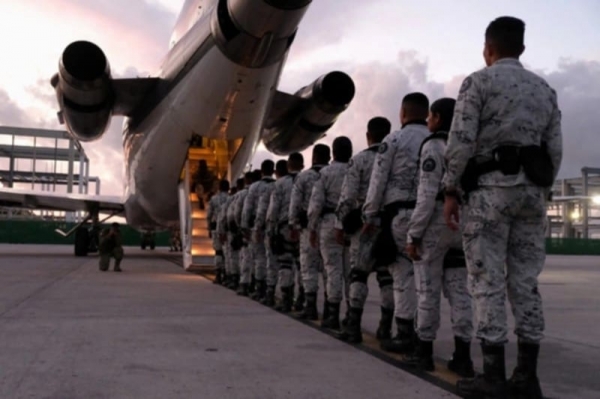
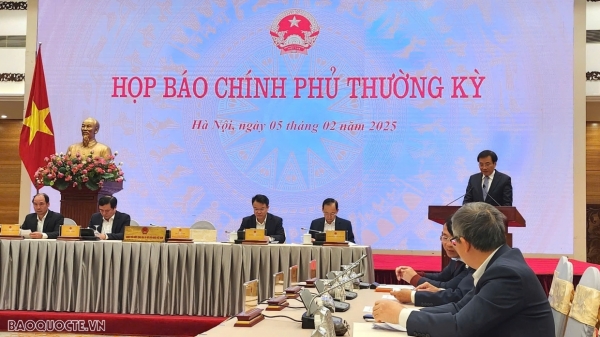
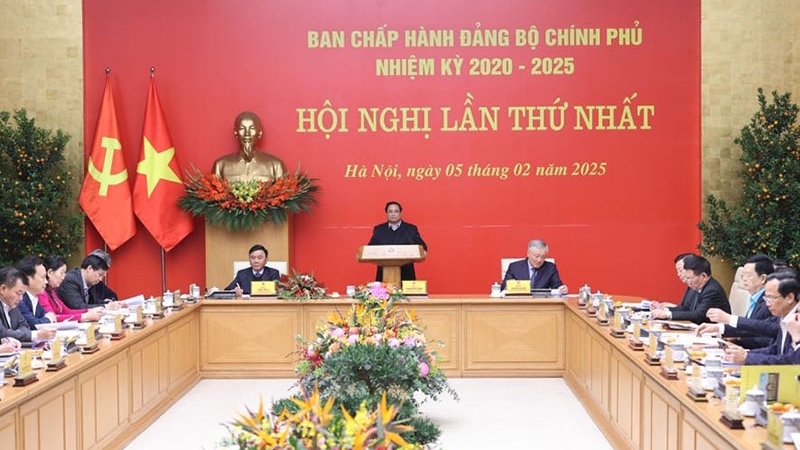


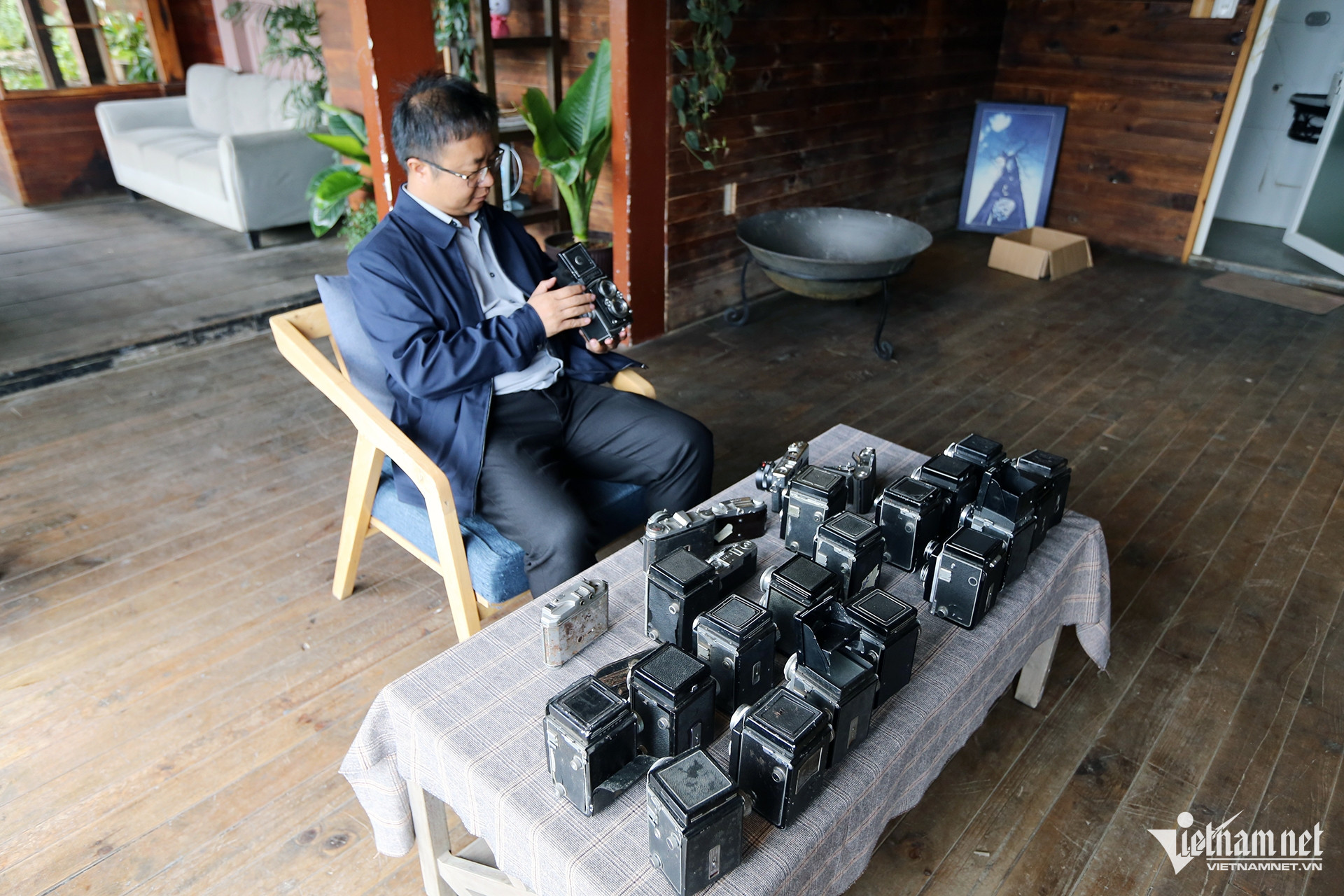







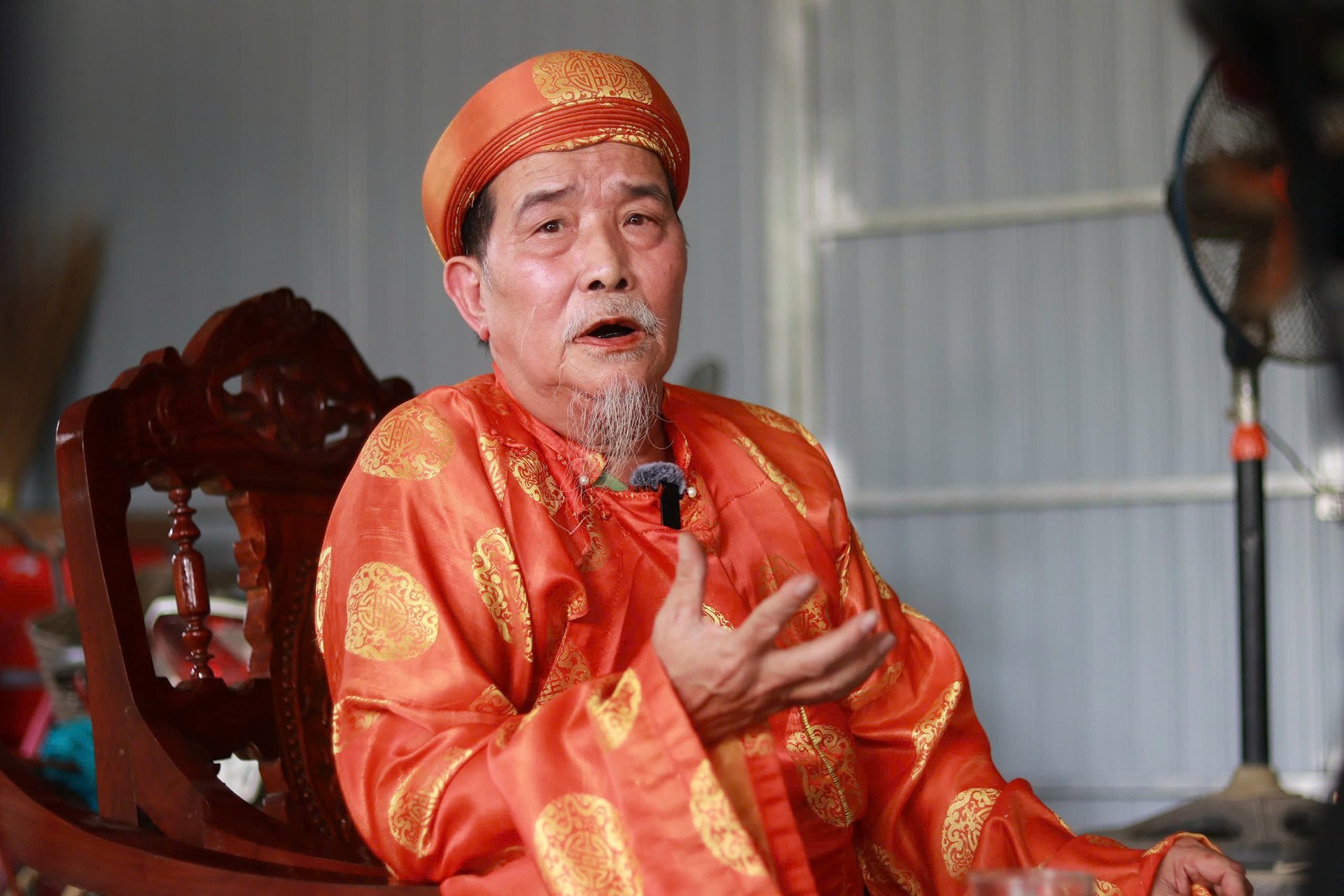






Comment (0)